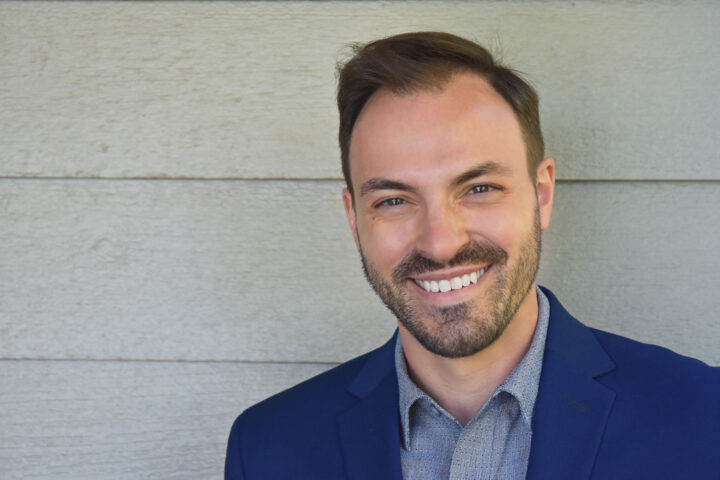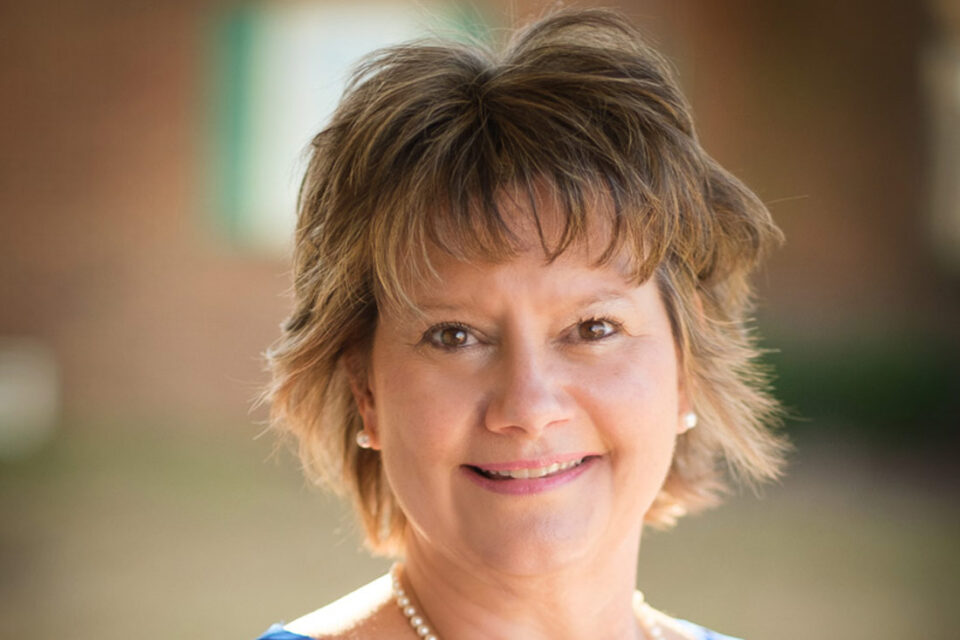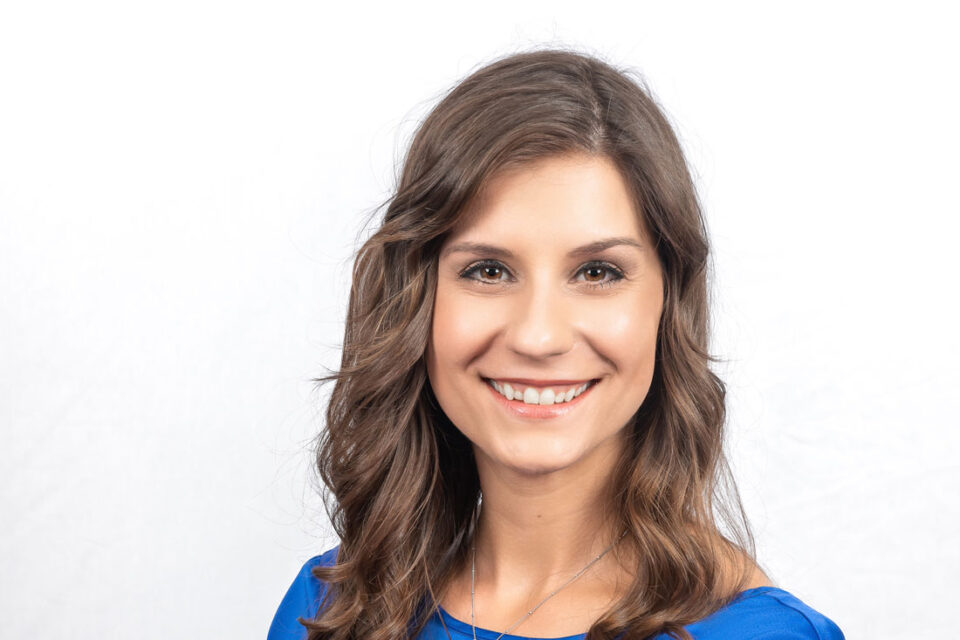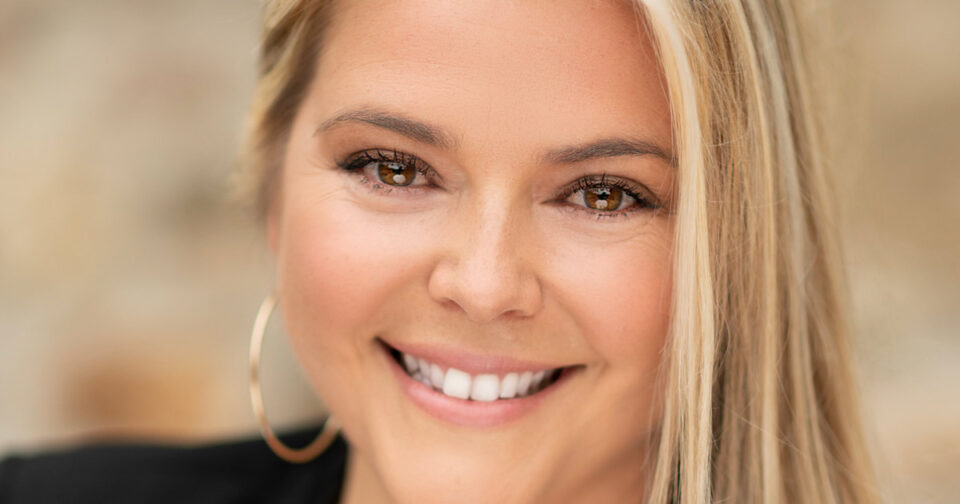Coach Spotlight: Eli Schaugh Opens Up About “Keeping It Positive”

Harnessing Whole-Life Balance: Meet Coach Rebecca Robb
April 5, 2024
Coach Spotlight: Ellen Butters Offers a Recipe for Life & Real Estate
May 1, 2024“Keep it positive,” says SUCCESS® Coach Eli Schaugh. But his approach to mindset coaching goes far deeper than a phrase. For Schaugh, building a positive mindset is a personally tested philosophy built from a family history of sports coaching and his studies in human psychology.
Recently, he opened up to us about his history, lifestyle and how moving outside his comfort zone helps build a positive growth mindset.
A history of positive influence
Helping others to succeed requires self-awareness and strength. Schaugh’s unique history provides the foundation of wisdom needed to propel his career forward.
“I grew up inside the world of sports coaching,” Schaugh says. “My grandfather is a fencing coach. He’s in the Hall of Fame and has been coaching for 69 years. So, I grew up learning how to help people break things down and understand them from the inside out. I learned how they can succeed at something other people are already doing at a high level.”
One of his grandfather’s maxims stuck with Schaugh more than any other: “Keep it positive.” While he agrees that negative motivation can be useful in the short term, he sees it as ineffective in building lasting motivation and positive change. His studies as a psychology major backed this view with science; but an even deeper understanding of human motivations came from his experience as an actor.
“Breaking down a play is similar to working with people in their business or in their personal life,” Schaugh explains. “In each case, we understand how people think the way they do and how they go after their goals. Where do they want to be by the end? And what beats and decisions get them there? So, understanding a character’s motivations is very similar to understanding a person’s mindset.”
A coaching philosophy for success
Two coaching principles still guide Schaugh throughout his journey: Keeping it positive and purposefully stepping outside his comfort zone.
Keep it positive
To this day, Schaugh still abides by his grandfather’s coaching maxim. In fact, this approach is backed by research on the efficacy of positive psychological coaching, or PPC.
He explains, “People can learn and grow much more effectively when they’re in an environment and a mindset that feels safe. So, when people feel safe and supported, which is typically in a positive environment, they’re able to be much more resourceful, and they’re able to grow.”
Similarly, he believes there is no such thing as failure, but rather, feedback. As long as you learn from an experience, you don’t fail; you grow toward future success.
“The only real way to fail is to stop trying or to ignore the lessons that you could glean from a particular experience,” Schaugh says.
Get uncomfortable on purpose
Safety within a positive environment still requires the challenges needed for growth. Schaugh calls these challenges “getting uncomfortable on purpose.”
Referencing Robert G. Allen’s often-cited quote from The One Minute Millionaire: The Enlightened Way to Wealth, Schaugh says that everything you want in life that you don’t already have exists outside your comfort zone. “You can choose what’s familiar, even if what’s familiar is something you don’t want. Still, it’s already comfortable. If you want something different, you have to purposefully get uncomfortable.”
Challenging his clients to get uncomfortable comes from Schaugh’s knowledge that they can continue to grow and achieve their goals. He believes that people are more resourceful than they know.
“The way I approach my job is to help people get out of their own way and recognize their own resources so they can create their own version of success.”
Nightly routines for daily mastery
Given his history, it’s no surprise that Schaugh embraces a philosophy of lifelong learning and professional development. He has returned to college to earn a master’s degree in marriage and family therapy, specifically to help couples better manage the trauma of cancer diagnosis and care. He’s also a Board Certified Master Success & Life Coach with the International Board of Coaches and Practitioners.
Between coaching and a return to graduate school, Schaugh has a tight schedule. To keep growing, he has turned to audiobooks to increase his repertoire of knowledge. He listens at every opportunity, whether while doing the dishes or driving in the car. To stay clearheaded and organized, he has also turned to “internal representation.”
Internal representation is the process of subconsciously taking information in and making sense of it based on our preconceived ideas or desires for ourselves; the clear pictures, sounds and feelings in our mind represent what we want, and we process external information accordingly, Schaugh says. “It’s a process that’s really effective for me and also something I work on with my clients.”
Internal representation plays a significant role in his long-term goal-setting. For shorter-term goals, he uses it as part of his evening routine for planning his next day.
“When we can give our subconscious mind very clear instructions about what we want, it makes it a lot easier for us to achieve those things. We start identifying resources that will help us succeed,” Schaugh says. “Getting incredible clarity on what it is that I want and how I want to wake up in the morning is something I set for myself the night before.”
This nightly practice helps Schaugh and his clients build a productive routine for the next day. He notes that the subconscious mind cannot process negatives, so this form of visualization and planning is done exclusively through positive language.
Not only does the practice build a stronger routine, but it also serves to increase clarity and build strength and resilience both physically and emotionally.
“Your subconscious mind then thinks, ‘Oh, that’s what I’m supposed to do.’ And it’ll start moving toward that objective more effectively.”
A step-by-step program to develop your mindset
Schaugh’s mindset and communications coaching program follows a six-month regimen of weekly video calls. In the first two months, he works with his clients holistically to better understand their goals and how they operate. The third and fourth months build on that momentum by implementing successful habits and moving away from comfort zones. Clients hone consistency by the fifth and sixth months to maintain the positive changes they’re already experiencing.
Contact Eli Schaugh today to learn more.
Bryan Lindenberger
-
Bryan Lindenberger#molongui-disabled-link
-
Bryan Lindenberger#molongui-disabled-link
-
Bryan Lindenberger#molongui-disabled-link
-
Bryan Lindenberger#molongui-disabled-link



